Why Do Conservatives Still Think Contraception Is Abortion?

On the third day of his confirmation hearing to be a Supreme Court judge, nominee Brett Kavanaugh appeared to refer to birth control pills as “abortion-inducing drugs.”
He said the phrase in response to Sen. Ted Cruz’s (R-Texas) question about his 2015 dissent in the Priests for Life v. Heath and Human Services case over the Affordable Care Act’s mandate that employers cover birth control for employees.
Kavanaugh seems to refer to birth control as "abortion-inducing drugs" pic.twitter.com/JILxzYiN6b
— Aaron Rupar (@atrupar) September 6, 2018
“The question was, at first, was this a substantial burden on their religious exercise, and it seemed to me quite clearly that it was,” Kavanaugh said. “It was a technical matter of filling out a form, in that case.”
“They said filling out the form would make them complicit in the provision of the abortion-inducing drugs,” he continued. “That they were, as a religious matter, objected to.”
Whether or not he was calling birth control pills abortifacients himself or was explaining the perspective of the Priests for Life organization is unclear.
What is clear, however, is that the notion that birth control pills are an abortifacient flies in the face of the scientific definition of a pregnancy, which is when a fertilized egg, or an embryo, implants into the uterus.
Birth control pills, which work by preventing ovulation, fertilization or implantation, are therefore not abortifacients because they don’t cause an implanted embryo to miscarry. Other things that prevent either ovulation or implantation include breastfeeding and exercise, as Slate’s William Saletan notes in a satirical post about the anti-abortion case for banning the two activities, as well as genetic mutations in the embryo itself.
But the notion that birth control pills cause abortions is an enduring one, in part because it leans on an ancient understanding of how life begins and how it’s brought forth, said Jonathan Eig, author of the book The Birth of the Pill: How Four Crusaders Reinvented Sex and Launched a Revolution.
“It wasn’t until the middle of the 20th century that we really even understood how pregnancy happens, so we have to overcome thousands of years of human confusion and misunderstanding about pregnancy,” Eig said. “And religion is tied into that. Those ideas die hard.”
The Roman Catholic Church, for example, considers masturbation a “gravely disordered action,” in part because it holds that sexual acts outside of the context of both marriage and procreation are wrong. This could be tied to the 19th century theory that each sperm contains human life in it, Eig said.
Of course, religion isn’t the only factor that influences the way people think about contraception. In fact, support for contraception in the U.S. used to be a nonpartisan issue, in part because it was thought of as a reliable way to prevent abortion.
For example, U.S. historians note that a federal law to expand funding for family planning in 1970, signed into law by President Richard Nixon, passed in both houses with overwhelming bipartisan support.
However, shortly after that law was enacted, the Republican Party, which then was known for its anti-communism and conservative economic policies, began to realize that taking sides on social issues, such as access to contraception and abortion, could be a good strategy for picking off Democratic voters in the working and middle class, said historian Linda Gordon of New York University and author of The Moral Property of Women: The History of Birth Control Politics in America.
“First it was an attack on abortion, and then it was an attack on sex education in schools,” Gordon said. “And all of this was in some ways also a backlash against the women’s movement of the late ’60s and ’70s.”
Contraception later joined the list in the 1990s, Gordon said, and opposition to federal funding for it peaked in the Obama administration with the passage of the Affordable Care Act.
At that point, the argument that no one should be forced to pay for insurance that supports contraception coverage was just another way of opposing the Affordable Care Act, she said.
The scientific definition of pregnancy and abortion is the law of the land right now, and 75 percent of Americans believe that the federal government should continue to reimburse Planned Parenthood for non-abortion services.
But Kavanaugh’s statements make it clear that the scientific definition of a pregnancy is still in vigorous competition with ancient and deeply held beliefs about when life begins. And because political parties and leaders find it useful to exploit these beliefs, the U.S. is going to continue battling over access to things like contraceptive pills.
“It’s become an issue that Republicans find helpful in elections, Eig said. “That’s obviously part of what drives all this.”
Also on HuffPost
Allison H. Eid
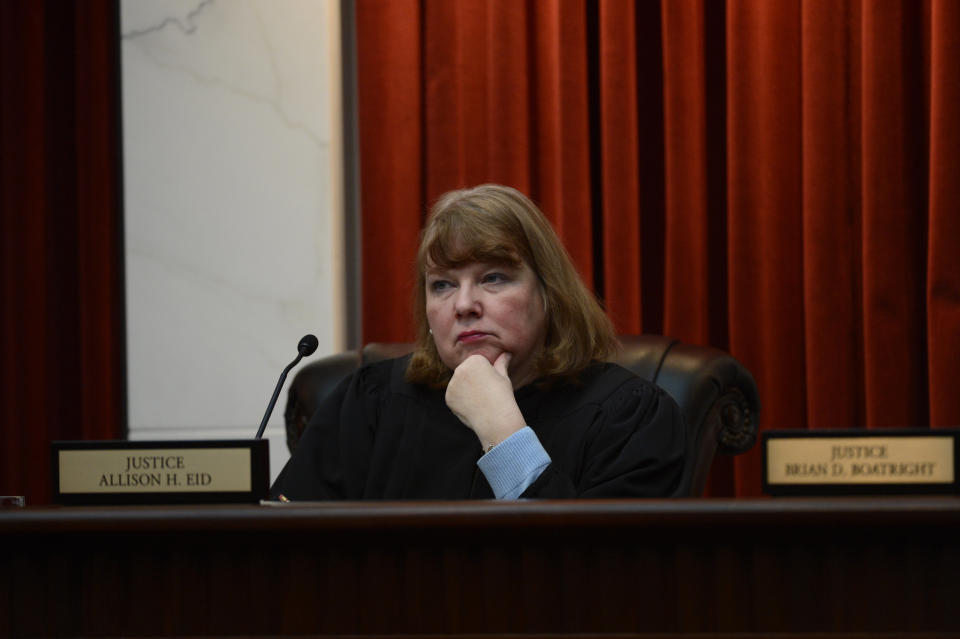
Steven Colloton
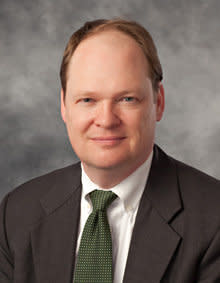
Thomas Hardiman
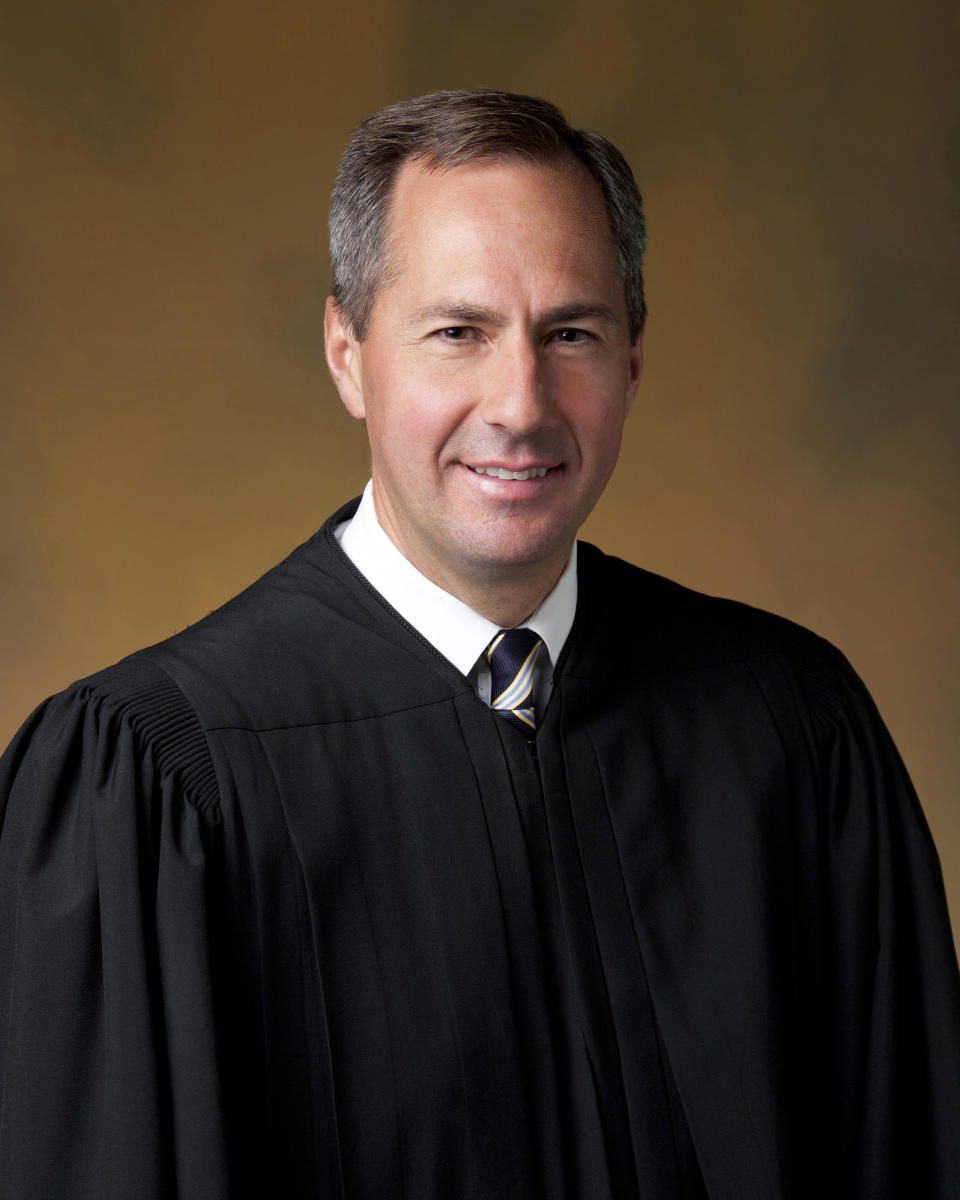
Raymond Kethledge

Joan Larsen
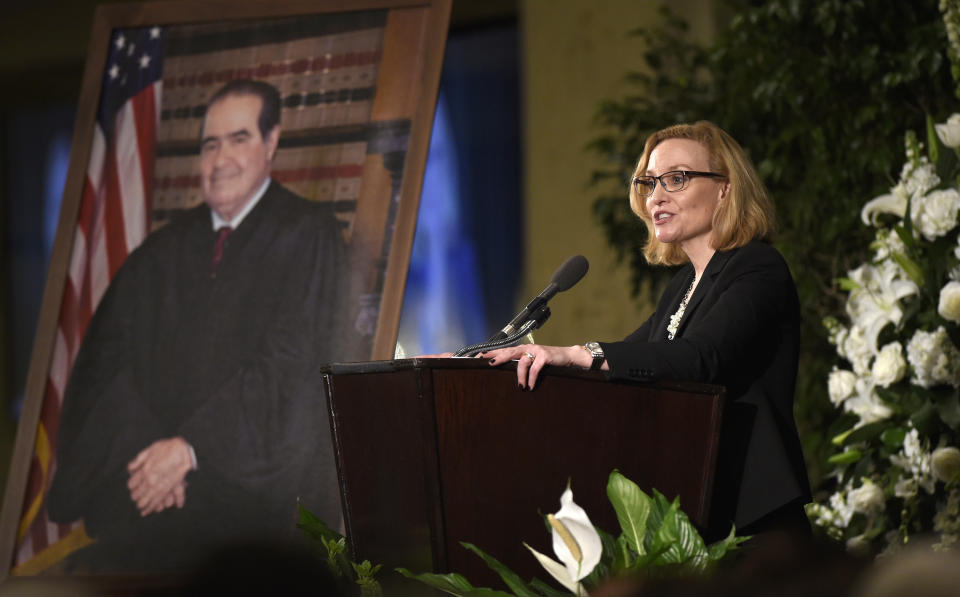
William H. Pryor Jr.
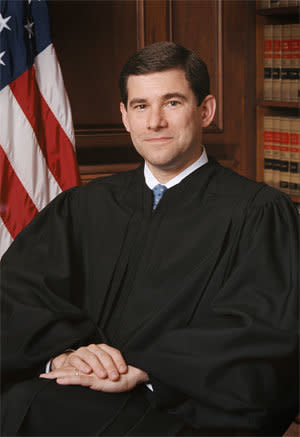
Diane S. Sykes
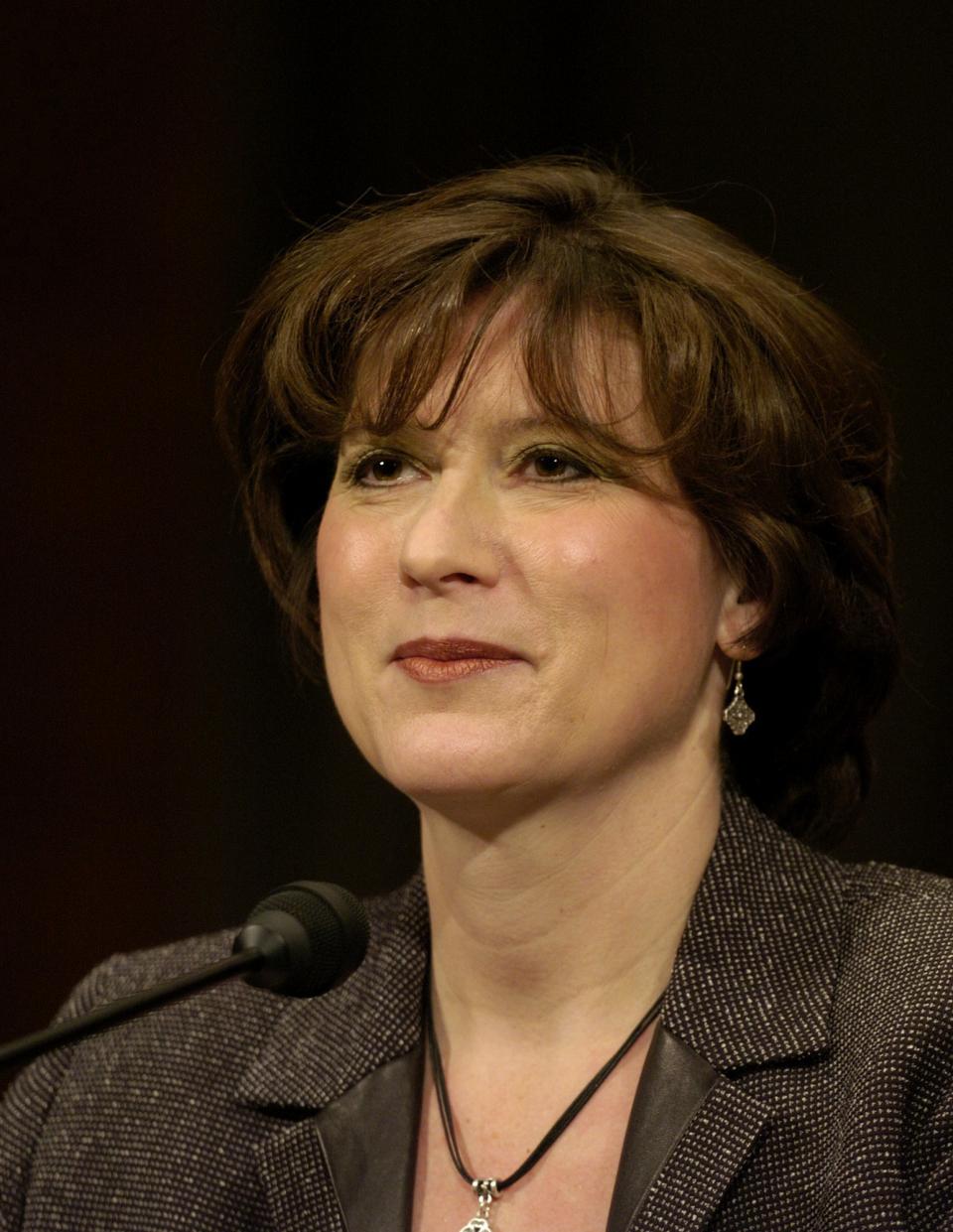
Love HuffPost? Become a founding member of HuffPost Plus today.
This article originally appeared on HuffPost.

